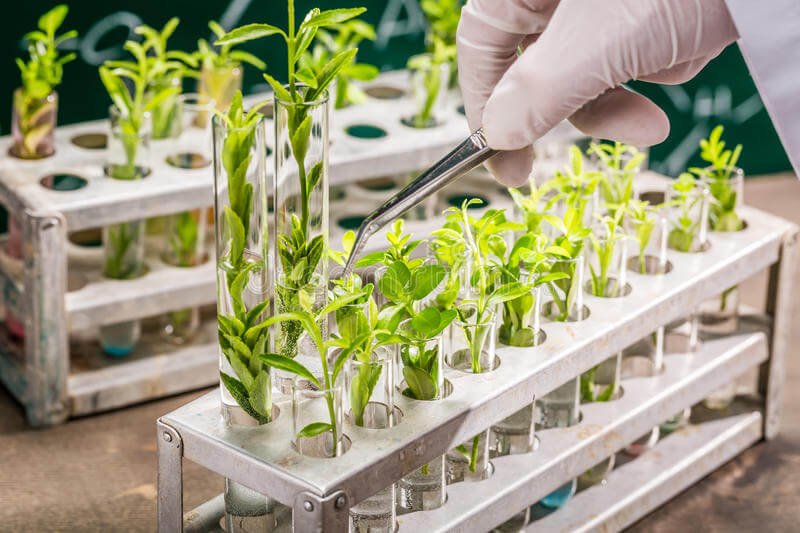Scientists are demonstrating the efficacy of plant biotechnology by taking Cornell Alliance for Science Global Leadership Fellows through the process of making genetically engineered crops.
Misinformation about biotechnology among global communities has inspired scientists to open up their workstations to the Fellows, some of whom are non-scientists, to explain how they advance indigenous breeding knowledge to produce food through the use of science.
…
People have been modifying plant genetics for over 10,000 years, first by domesticating plants that had desirable traits. Over 500 species of plants and animals have been domesticated by humans. People have further modified plant genetics through traditional plant breeding. Now scientists can also use genetic engineering and gene editing to improve plants.
…
Dr. Matthew Willmann, director of Cornell University’s Plant Transformation Facility, explained the importance of scientists …. communicating how they develop GE crops. ”I have interacted with participants who believe only GE crops have DNA, which is not true,” Willmann said. “All plants have DNA.”
…
Cornell Prof. Anthony Shelton demonstrated the safety of Bacillus thuringiensis (Bt) a gene used in the modification of maize and cotton. He tasted the Bt protein, which he said was harmless to human beings …. In order to control insects, would you would rather use Bt …. or apply pesticides, which will harm the environment? Shelton concluded
Read full, original article: Demystifying the science behind biotechnology































